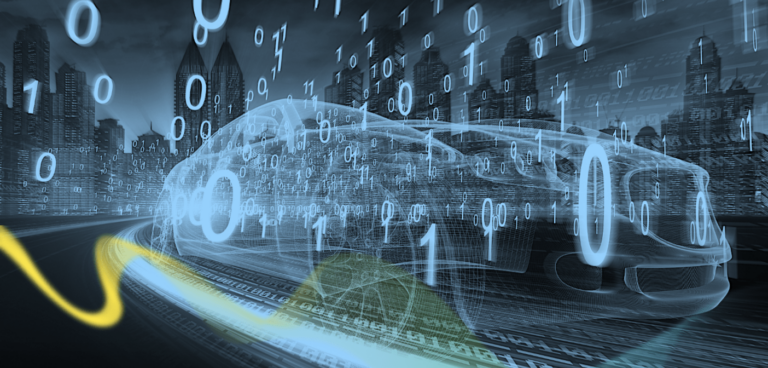Kaluza, a UK-based intelligent energy platform, and Bosch, supplier of charging services and embedded vehicle technology, have claimed to have proven how EVs can be smart-charged to meet the needs of the local grid via direct connection with a digital platform.
Through a combined digital architecture, Kaluza and Bosch said they remotely controlled the charging of an EV, shifting it to times when it was cheapest and greenest in a simulated grid ‘turndown’ scenario.
The trial also showcased how direct-to-car smart charging could reportedly create opportunities for energy retailers to provide new, green services to customers at lower costs.
As well as energy cost savings, the innovation is said to allow future customers to always have their EV ready to drive the distance they require as the smart charging automatically works around user settings and vehicle data.
According to Kaluza, the technical success of the trial presents how smart charging and its benefits can be scaled more widely, and at a faster rate, by reducing the dependency on separate smart charging hardware.
The company said it believes direct control capability stands to increase the availability of smart charging globally, while direct-to-car smart charging bypasses some of the compatibility challenges currently experienced.
Conor Maher-McWilliams, head of flexibility at Kaluza, said: “Bosch and Kaluza are breaking new ground in unlocking the full flexible potential of EVs. In the race to decarbonise, there is a window of opportunity to make smart charging mainstream that we cannot afford to miss.
“Direct-to-car smart charging offers suppliers and grid operators greater access to EVs’ inherent flexibility more quickly, and stands to enhance existing solutions involving chargers.”





